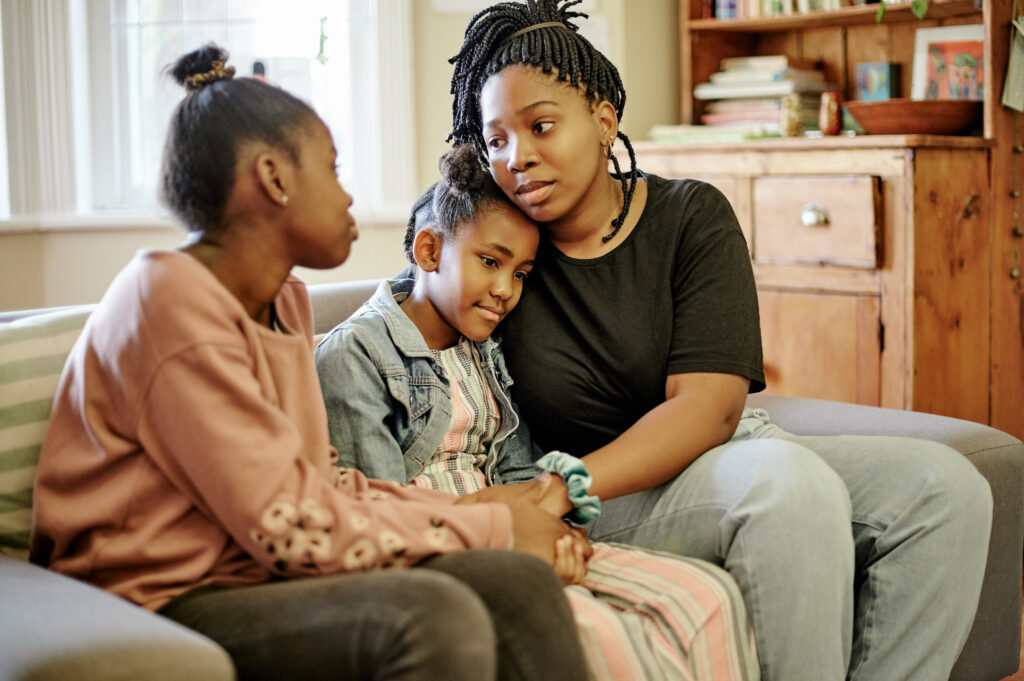Anticipatory Grief: Coping with Loss Before It Happens
Guidance for Families Grieving Before the Goodbye

At Gilchrist, we often say that grief begins long before the last breath. For many families, the process of saying goodbye starts well before a loved one passes—during the final months, weeks, or even years of a serious illness. This is called anticipatory grief, and it is a natural, valid response to the slow and painful unfolding of loss
Whether it’s the loss of a loved one’s abilities, independence, memory, or personality—or simply the knowledge that time is short—grieving ahead of the death can be just as intense as grieving afterward. You may feel overwhelmed, guilty, numb, helpless, or even angry. These feelings are not wrong or unusual. They’re part of loving someone deeply.
What Does Anticipatory Grief Look Like?
Anticipatory grief may show up in a variety of ways:
- Emotional distress: sadness, anxiety, irritability, or a sense of dread
- Physical symptoms: fatigue, sleeplessness, changes in appetite
- Changes in relationships: tension with other family members or overprotectiveness toward your loved one
- Spiritual questions: wondering about meaning, purpose, or fairness
It’s important to know that these feelings are not a sign you are “giving up” on your loved one. In fact, they show how deeply you care.
How to Cope with Anticipatory Grief

Though anticipatory grief can be exhausting, there are ways to care for yourself in the midst of it:
- Acknowledge your grief. Give yourself permission to feel sadness, anger, or even relief—whatever comes up. There is no right or wrong way to grieve.
- Accept support. Let others in—family, friends, chaplains, grief counselors. You don’t have to walk this path alone.
- Be present. Cherish the time you have. Talk, laugh, cry, hold hands. Say what matters most now.
- Take breaks. Grief is exhausting. Make space for rest, joy, and moments of normalcy.
- Ask for help. Gilchrist’s team is here not only for the patient, but for you. Reach out to a social worker or grief counselor at any time.
It’s also common to feel isolated—after all, the loss hasn’t “officially” happened. Friends may not understand your sorrow, or may expect you to be strong and focus solely on caregiving. But grief doesn’t follow a timetable. It begins when the heart starts letting go.
You Are Not Alone
Anticipatory grief often feels invisible. Friends may not understand why you’re mourning someone who is still here. You may even feel pressure to “stay strong” or “be positive.”

At Gilchrist, we want you to know: Your grief is real. And your grief matters. The Gilchrist team is here to walk beside you—with compassion, resources, and space to talk.
When someone you love is dying, it’s okay to start grieving. It’s okay to cry before the funeral. It’s okay to say goodbye, little by little. And it’s okay to ask for help as you do.
Because grief doesn’t wait. And neither do we.
Need Support?
To read more about anticipatory grief and find additional guidance, visit our Walk With Me Guide. Or call Gilchrist at 888-823-8880 to speak with someone who can support you.


